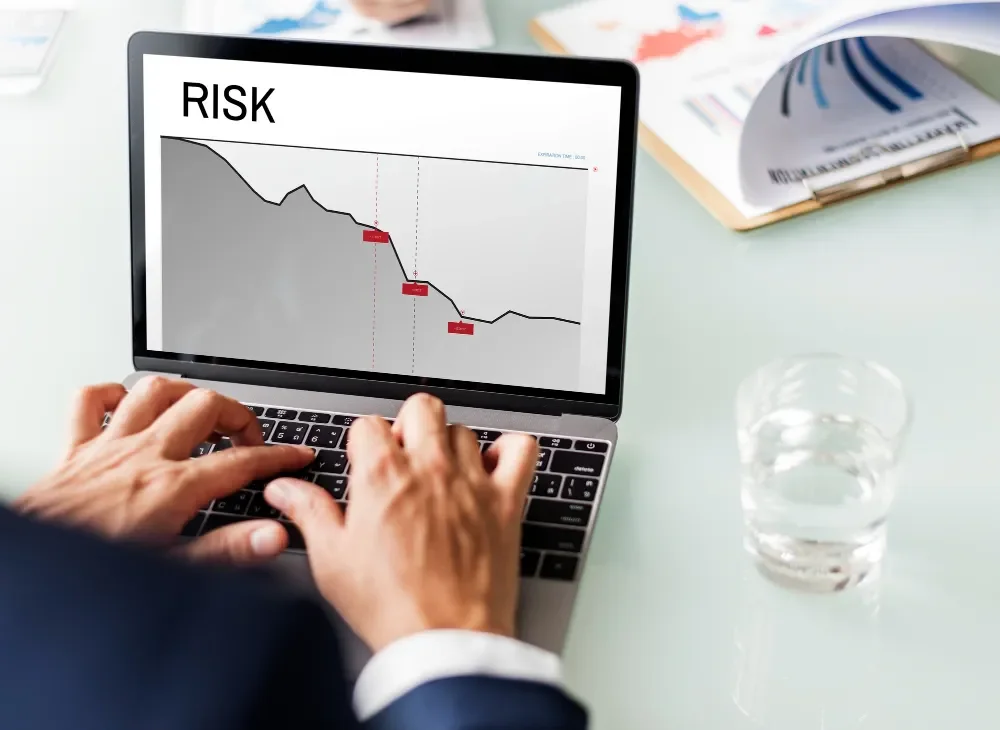Fraud Risk Assessment Methodology as a Foundation for Corporate Resilience
Contemporary companies are fighting in an environment of financial complexity, regulatory probing, and cyber vulnerability. Fraud may occur either internally or externally, and it is vital that there exists a systematic procedure for detecting, considering, and counter-measuring the risks to the extent that the damage is irreversible. An effective fraud risk assessment methodology will be the basis of both asset and reputation protection and will assist in the sustainability and over-compliance.
Identifying Potential Vulnerabilities
Analyzing financial documents, workload, and operational proceeds of employees is the initial step in a process of a slotted evaluation. This step assists in identifying fraud areas that may be in the misappropriation of assets, illegal transactions, or misrepresentation in reporting. Businesses can identify criminals and, hence, detect red flags at the initial stage by using data analysis as well as interviews and process reviews. Early detection helps leaders to preempt risks and develop proper strategies to ensure that incidents do not occur.
Measuring Likelihood and Impact
After identifying the vulnerabilities, the methodology continues on to finding out the likelihood of the occurrence of the fraud and the extent of consequences of the potential fraud. Examples of these impacts are loss of finances, regulatory fines, damaged reputation, and disruption of operations. With the introduction of an impact and likelihood, organizational strategies could decide which risks needed urgent attention. This methodical analysis makes sure that time and resources are focused on the most important risks.
Developing Customized Controls
Once the risks of fraud have been ranked, third parties should develop specific actions addressing those areas that are weak. The standard adoptions are segregation of duties, twice authorization of transactions of high value, and constant monitoring of financial operations. Education of employees, whistleblower systems, and codes of ethics are also part of this structure. A methodology of fraud risk assessment is not universal; the controls have to be customized to the structure, size, and culture of the particular business. Periodic updates would make the system remain efficient as the functions change.
Continuous Monitoring and Refinement
Controls should be tested and updated with the threats that keep changing to prevent fraud. Mechanisms of monitoring, including dashboards, analytics, and internal audit reviews, can give a timely insight into the work of the system. Frequent feedback loops make organizations make changes to processes before they develop into risky occurrences. In this continued vigilance, the defenses against fraud keep abreast of the technology as well as the changes in the regulations.
Building an Ethical Organizational Culture
Even the most advanced controls cannot work without an ethics-focused and transparent culture. Ethical behavior is strengthened by training programs, an open reporting system, and effective leadership. Informed and empowered employees will report suspicious activity more often than those who do not and will be less prone to commit misconduct. Such a strong culture makes preventive strategies entrenched at all levels within the organization and not just in the functions of compliance.
The Expertise Behind Effective Implementation
Numerous corporations are dependent on professional advice when developing and sustaining powerful structures. This is where Charles Financial Strategies LLC offers a unique benefit to combine technical excellence and profound industry experience. They are backed by their team in formulating policies, making an assessment, and educating employees to identify and avert fraudulent exposure. They are practical, sustainable, and tailored to clients by means of a client-focused approach.
Leadership That Makes a Difference
The core of these efforts lies in Dr. Sabine Charles, whose many years in the fields of internal auditing, fraud investigation, and leadership growth have led to a revolution in the way companies are approaching the matter of fraud risk. The fact that she can unite strong emotional intelligence with analytical skills in a single person enables companies to consider fraud control a strategic enabler and not a burden of compliance. Through her, organizations are able not only to protect themselves but also to create cultures of trust and resiliency.
A Path Toward Long-Term Security
Properly implemented fraud risk assessment methodology enables companies to preempt fraud, enhance controls, and retain stakeholder confidence. Such professional leadership, combined with cultural reinforcement and structured analysis, ensures that risks will be handled with accuracy and forward-lookingness. For companies aiming at becoming more resilient and securing a good standing, cooperation with Charles Financial Strategies LLC and the help of Dr. Sabine Charles is a sure way of achieving sustainable growth and stability.




